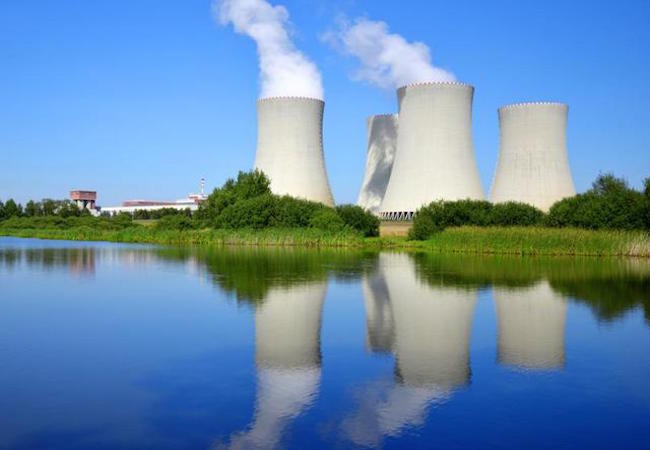
By Maimuna Ashraf
At earliest of this month, the Western media buzzed about a circulated draft ‘Exchange of Notes’ about the non-NPT applicant for NSG candidature by Rafael Mariano Grossi of Argentina, the former chairman of the NSG. Reportedly he said in the cover note, “the purpose of these notes is to provide a basis for the commitments and understandings to augment the applications of the Non-NPT applicants. Since the June plenary, Song Young-wan the current chair of NSG with Grossi, have consulted states on possible criteria for membership for NPT states. The Participating Governments (PG) of NSG have recently started to seriously engage on potential options, but the discussion has not yet reached the point where a consensus decision might be achieved.
The politics of NSG has gained immense significance in the recent few months not only in South Asia but in the international corridors of power as well. The NSG is now confronted with a very critical issue of high politics where all major powers are generating tremendous pressure favoring India’s membership into the NSG. The basic purpose of the NSG is to provide a mechanism through which the non-proliferation goal could be achieved, but in the present scenario the group members are unanimously supporting India- a proliferator- to be part of the group. This group is not a formal, institutional or governmental group but a private cartel of 48 members. Notwithstanding the question of its legitimacy, it is an important group since it deals with the dual use of nuclear technology, commercial nuclear activities and nuclear exchanges between the member states.
India was lately giving the impression that it has won the support of majority of the states including Mexico, Switzerland, Brazil, Russia and New Zealand. But the fact is that New Zealand doesn’t stand a chance against the US pressure. Similarly the countries in Latin American have different interest. However three major countries Ireland, China and Austria have not shown any change in their stance against the Indian membership. However, India wants to send the message out that NSG issue is still alive and India is diligently working for its membership that is why one after another a new proposal surfaces. It’s almost a decade that membership of NSG has become much contested, especially because of India and Pakistan interest into NSG.
It has been lately warned by Daryl G. Kimball of Arms Control Association that ‘this formula would not require India to take any additional nonproliferation commitments beyond the steps to which it committed in September 2008 ahead of the NSG’s country-specific exemption for India for civil nuclear trade. However he argued that Pakistan still has grounds to object to the formula outlined by Mr Grossi.’ According to the nine commitments, a non-NPT applicant would be required to win a separate NSG exemption from the full-scope safeguards requirement in order to engage in civil nuclear trade with NSG states. Thus pragmatically, this will require Pakistan to meet the same criteria for membership as India which will not be possible for Pakistan because decisions in the nuclear cartel are based on consensus. Another commitment in the proposed criteria for membership demands that NSG applicants would describe their plan for separating civilian and military nuclear facilities, which is a step that would again not require India to separate its facilities because the separation plan has already been held however Pakistan would need to describe separation plan despite the fact that its civilian and military nuclear facilities are already separated. Indian separation plan was in result of Indo-US nuclear deal however Pakistan for not currently been offered for such a civilian nuclear deal would not probably go for this commitment however if agreed criteria demands this commitment Pakistan would not apparently find an issue describing a separation plan and signing an additional IAEA protocol.
Moreover, to prevent India from blocking Pakistan from joining the NPT, Mr Grossi’s draft note proposes that “one non-NPT member state should reach an understanding not to block consensus on membership for another non-NPT member state”. This gives an impression that proposal seeks India’s inclusion first and Pakistan’s treatment later. The treatment clearly leaves Pakistan in a different status. The Foreign Office rejected the Grossi formula for ‘evaluation of the candidature of non-NPT states for the Nuclear Suppliers Group’s membership as discriminatory and unhelpful for advancing global non-proliferation objectives.’ Viewing the increasing number of countries supporting universal criteria for non-NPT states, it can be accessed that Indian membership in NSG doesn’t seem forthcoming which is ultimately good for Pakistan. However, if Pakistan could not win the membership simultaneously with India, it should still not give up on its ambitions as it needs recognition in the long run. Pakistan can gradually and eventually get there by constant efforts but it should not rush and must keep the pace of responsible nuclear weapon state.




